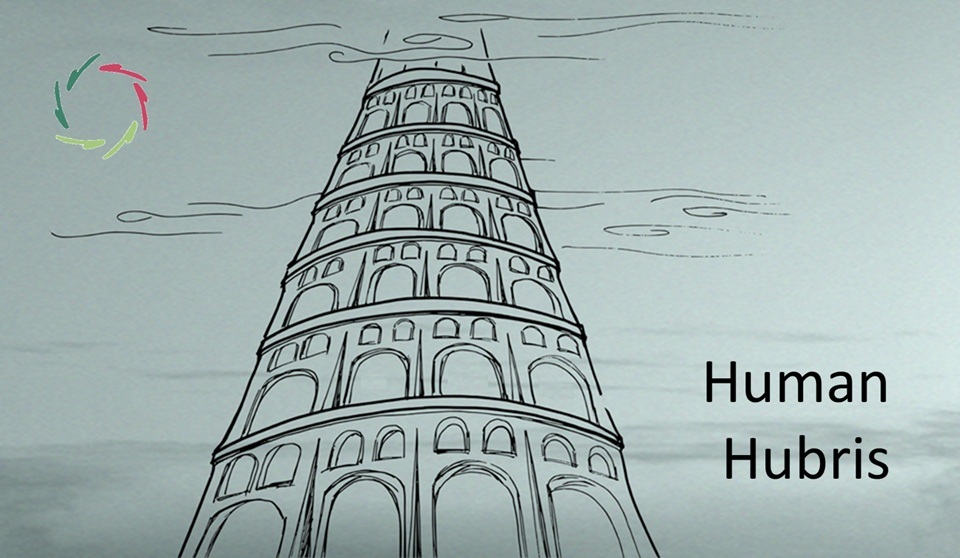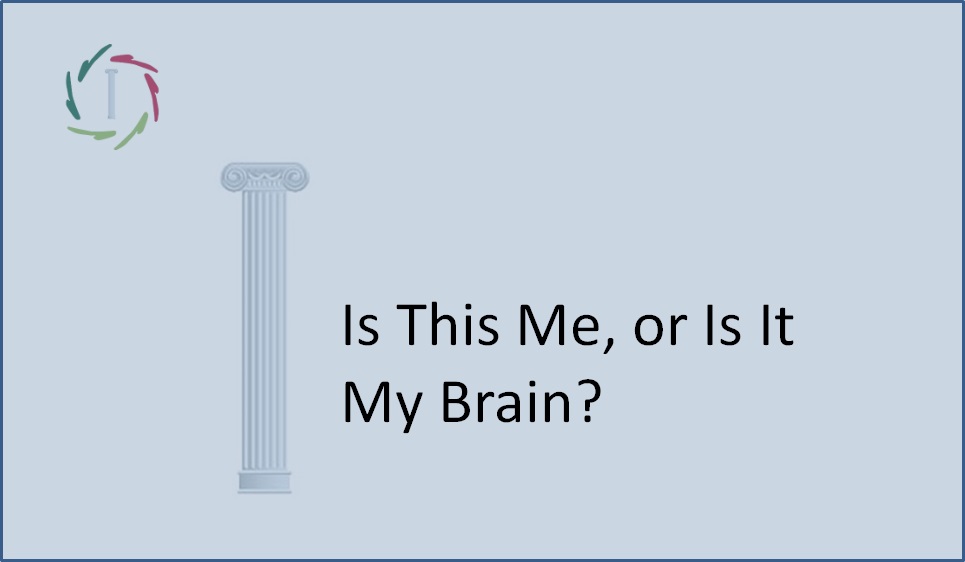Goodness, Badness, and Ugliness of Ego

A good appreciation of ego is indispensable for attaining a better world in which ego plays its proper part ― no less, no more.
One may think that one has gotten rid of one’s ego. Yet, in that very sentence, look who’s talking and thinking ― ego itself? Indeed, ego is a master in disguise.
Also see: The story of ‘ego.’
Whatness
An excellent definition is frequently half the solution to complex problems ― certainly concerning ego challenges.
Ego may be understood as the continual result of a relatively speedy conceptualization (crystallization) of subconceptual mental-neuronal patterns including the ones related to the person himself in his biological striving for homeostasis.
You might want to read this sentence again.
As you can see, it’s mainly a question of relative speed ― seemingly simple but far in consequence. Ultimately, a quasi-immediate conceptualization (of every thought, for instance) would mean that the underlying process is irrelevant, therefore, functionally absent. In other words, there would be no relevant subconceptual processing. Functionally, there would be no difference between a human and mechanical medium ― nor between human intelligence and Platonic (symbolic, conceptual) A.I.
Goodness
The main goodness is that your ego is simply a part (or an aspect) of you. Therefore, trying to get rid of it damages you ― like taking a (mental) knife and deeply cutting yourself.
It’s better to accept ego. As a part of you, it works for you. ‘You,’ in this, can only be your total self, not merely a single piece (or aspect). Moreover, ego is an exceptional piece ― necessary to keep you afloat in a complex human world.
Principally, you might get rid of it on a Zen mountain, but even there is no evidence. Reality shows otherwise.
Ego is OK. It may even be as big as it gets. Not the size is the problem, but any standing in the way of the deeper self to realize itself.
Badness
With ego standing in the way, human potential is deeply thwarted.
Ego may delude itself into thinking it is the controlling factor of much that is perceived as conscious thinking, feeling, and deciding. With relative super-speed, as described above, that would also be the case.
But it’s not. The sad (for ego) truth is that ego is relatively much slower than it thinks and wants to acknowledge. That is mainly because the underlying processing is quicker, at the same time parallel and distributed ― being: many things happening together and interrelated.
Ugliness
With ego squarely standing in the way, the result is a trickle, not a stream of living mental processing ― no originality, no inspiration, no human depth, no Compassion, basically.
One can see this in many domains, including the ugliness of the human world ― for instance, in uninspired architecture and mass-made objects of consumption.
In human-oriented science, one can see it in the not daring to consider anything that cannot be quickly conceptualized along the current default lines. As a result, scientific progress is slow in anything related to the mind, let alone the deeper self. Of course, in psychosomatics, this is a self-engendered conundrum. The ugliness shows itself in a tremendous amount of human suffering, immense financial cost, and way too little scientific progress leaving huge gaps.
Integration
Ego should be no servant except in the sense of ‘servant leadership.’
In evolutionary terms of ‘waves of attention,’ the next wave should be an in-depth synthesis of the total human being. The ego then gets its proper place where it can be of great use to the human and, eventually, the Compassionate project.


